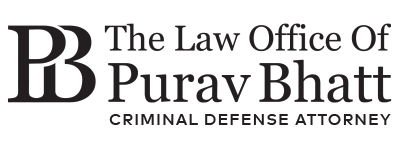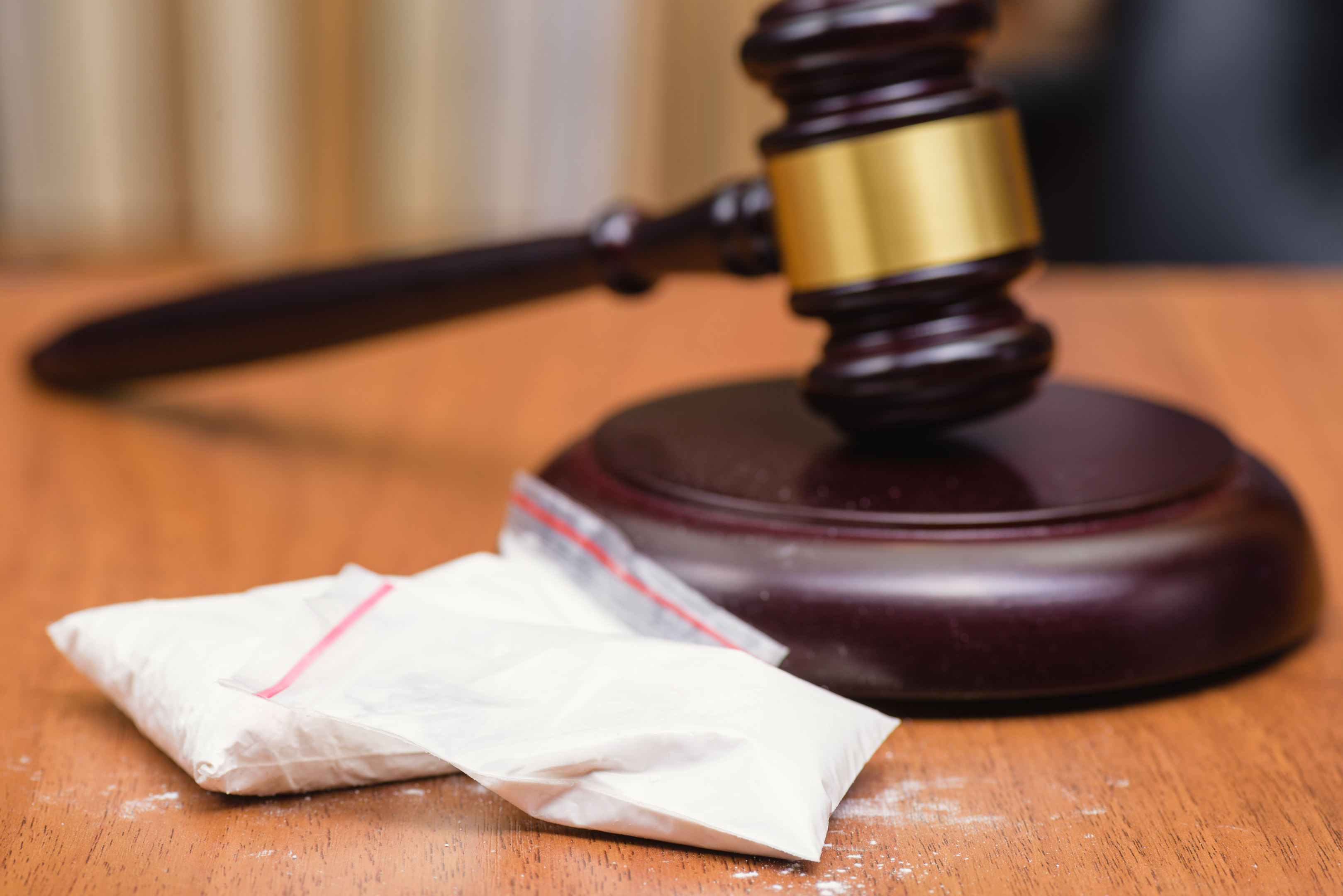There are two types of drug-related criminal charges – possession and trafficking – that may sound somewhat similar. But where possession means you have drugs on you, trafficking is more serious because it means you are caught selling or producing drugs. If you’re charged with possession, it’s possible to face those charges only. With that said, trafficking charges almost always include possession charges as well.
The severity of these charges depends greatly on the type of drug and how much of it you were caught with. The law makes a clear distinction between different drugs. For example, cocaine, heroin, or LSD are treated more severely than marijuana. There is also a separate charge for having items related to drug use, which falls under possession. But the key thing to remember is this: the larger the quantity of the drug you have, the more severe the legal consequences can be if you are convicted.
👉Also Read: Navigating Chicago’s Complex Drug Trafficking Laws With a Skilled Attorney
How Long Do You Go To Jail For Drug Trafficking In Illinois?
The Illinois law distinguishes between simple possession and possession with intent to deliver (trafficking). The penalties are significantly harsher for trafficking due to the intent to distribute the drugs. They also depend on which “schedule” the drug belongs to. These have been created based on the drugs’ potential for abuse and their accepted medical use. Obviously, trafficking a larger quantity of a more dangerous drug means a much harsher punishment and jail time.
Heroin, Fentanyl, Morphine, Cocaine
Heroin is a Schedule I substance. Schedule I drugs are considered to have a high potential for abuse, no currently accepted medical use in treatment in the US, and a lack of accepted safety for use under medical supervision. Fentanyl, morphine, and cocaine are all Schedule II drugs; these are known to cause severe psychological or physical dependence, but they are also used by doctors for pain management, local anesthesia, etc.
If you are found to have 1 to 15 grams of any of these drugs, it is a Class 1 felony that comes with a sentence of 4 to 15 years. As a Class X felony, the amounts and corresponding sentences increase significantly:
- 15-100 grams: 60-30 years.
- 100-400 grams: 9-40 years.
- 400-900 grams: 12-50 years.
- More than 900 grams: 15-60 years.
The fines for trafficking these substances in the Class X Felony category can range between $500,000 or the full street value of the drug you are trafficking.
Peyote, Barbiturates, Amphetamines
Peyote contains the psychoactive compound mescaline, which is a Schedule I substance under the federal Controlled Substances Act. Furthermore, it’s also recognized for its religious significance in certain Native American cultures so it has some legal protections when used for those purposes.
Barbiturates are classified as Schedule II or Schedule III substances, depending on the specific type. Amphetamines, including drugs like Adderall used for treating ADHD, are classified as Schedule II substances.
Possession of less than 15 grams can result in a Class 4 felony, with a prison term of 1-3 years. For amounts between 15 and 100 grams, it could be a Class 1 felony, with a sentence of 4-15 years. If you had more than 100 grams but less than 400 grams, you can be charged as a Class X felony, which is the most serious class of felony in Illinois, short of first-degree murder. The prison sentence can range from 6 to 30 years. For amounts between 400 grams and 900 grams or more, it could mean life imprisonment.
PCP, Ketamine, and Other Scheduled I and II Drugs
10-30 grams of these substances can result in 4-15 years in prison as it is a Class 1 felony. It can be elevated to Class X felony for 30 or more grams, which means 6-30 years of incarceration.
PCP (Phencyclidine) is a Schedule II controlled substance. Possession of 10-30 grams of PCP is a Class X felony charge, which can result in 6 to 30 years in prison and may include fines. Ketamine is listed as a Schedule III substance at the federal level; 10-30 grams of it could mean a major felony charge, with several years in prison.
Marijuana
The possession of recreational marijuana was legalized in Illinois in 2020, with certain restrictions on the amount you can legally possess. For Illinois residents, the legal limit for possession is up to 30 grams of cannabis flower, 5 grams of cannabis concentrate, and 500 milligrams of THC in a cannabis-infused product. For non-residents, these amounts are halved.
In relation to this, possession of larger amounts, such as 2-5 kilograms, falls outside these legal limits and can be subject to prison time. Possessing between 2,000 to 5,000 grams (approximately 2-5 kilograms) of marijuana is a Class 2 felony in Illinois, which comes with a prison sentence of 3 to 7 years, along with fines. Under federal law, marijuana remains a Schedule I controlled substance so regardless of Illinois laws, federal drug charges can still be brought in cases involving extremely large quantities of marijuana.
Other Considerations
In addition to the type of drug, there are some other federal sentencing guidelines that dictate what type of legal consequences you will face. For one, the law is not kind to repeat offenders. If you are found trafficking drugs within 1,000 feet of a school, public park, or place of worship, that is also likely to add to your sentence as these areas are considered “drug-free zones”. If you were found selling to minor or in possession of several (or hundreds of) kilograms of a substance, the prosecution will most probably ask for the maximum punishment.
State vs. Federal Drug Trafficking Charges
When the offense is confined to Illinois (i.e., a single state), such as manufacturing, distributing, or selling illegal drugs within this state’s borders, the case is handled at the state level. Pertaining to this, when the quantity of substances being trafficked is substantial, federal authorities are more likely to intervene.
Once federal agencies like the Drug Enforcement Administration (DEA) or the Federal Bureau of Investigation (FBI) start investigating the offense, federal prosecutors get involved since they have more experience with large-scale drug operations. These include organized crime syndicates, drug rings, or cartels that operate with a high degree of coordination. If someone is found in possession of or transporting/selling, say, several kilograms of cocaine, heroin, meth, or fentanyl, it’s natural to assume that they are doing it as part of a system. As a result, federal agencies are bound to take over.
Moving drugs across state lines or national borders automatically involves federal jurisdiction as well. When trafficking occurs on federal property, like national parks, government buildings, military bases, and Indian reservations, it is considered a direct offense against federal authority.
How is Drug Dealing Different From Drug Trafficking?
The difference between a less-serious drug offense and more-dire trafficking charge lies in the quantity of drugs being sold/moved and the intent to deliver/distribute them.
Under the Illinois Controlled Substances Act, drug dealing (also known as drug distribution or sale) refers to the illegal sale or delivery of controlled substances through small-scale, street-level transactions or in larger quantities. If someone is selling a few grams of marijuana repeatedly, they’ll face drug dealing charges.
Drug trafficking is essentially drug dealing but on a much bigger level as it usually means transporting controlled substances across state lines or international borders. The main factor that elevates drug dealing to a federal drug crime like trafficking is the quantity of the substance. Although both dealing and trafficking require an intent to deliver or distribute the drugs, trafficking suggests a more organized, systematic approach to distribution.
As we mentioned earlier, Illinois law specifies certain amounts of controlled drugs that, when exceeded, elevate a charge from dealing to trafficking. These thresholds depend on the drug in question.
What is Stacking or Multiplication of Charges?
Our legal system allows multiple charges to be brought against an individual for what might be considered a single criminal incident or related incidents, this is known as stacking.
For example, if you are caught with a large quantity of drugs, instead of just facing a single charge of possession, the prosecution can charge you with possession, intent to distribute, and trafficking – all stemming from the same incident. A single large quantity might be indicted as simple drug possession by one prosecutor, while another might see it as indicative of intent to distribute, especially if the substance is packaged in a way that suggests distribution (like being divided into many smaller packages).
If you’re wondering why some prosecutors do this, in many drug cases, it’s to increase the likelihood of securing a conviction. If a defendant faces multiple charges, they might be more inclined to plead guilty to at least one, boosting the prosecutor’s conviction rate. They know that getting booked for several charges can be overwhelming so the defendant might agree to a plea bargain, accepting a conviction on a lesser charge in exchange for dropping more damaging allegations.
👉Also Read: Behind The Scenes: The Unwavering Commitment of a Chicago Misdemeanor Lawyer to Uphold Justice
Contact Us Today To Speak To A Chicago Drug Trafficking Attorney
At The Law Office of Purav Bhatt, our focus is never on quick plea agreements but on challenging the cases against our clients. Our leading drug crime defense lawyer, Purav advocates for a tenacious defense at all stages of the legal process, from the initial investigation phase to post-arrest motions and trials.
Our defense philosophy is to consistently challenge the government and force them to prove every element of their case. Throughout this, we rigorously examine the evidence, looking for any vulnerabilities in the government’s argument. Part of our strategy includes efforts to exclude key evidence, especially through motions for suppression.
We handle a wide range of drug crimes, including:
- Possession of illegal drugs
- Manufacturing and delivery-related charges
- Trafficking and sales, including intent to deliver
- Conspiracy in drug importation, manufacturing, transportation, or distribution
- Unauthorized possession or distribution of prescription drugs
If your assets are being forfeited by the government or there are allegations of money laundering against you because of the trafficking accusations, we can guide that too. Complete this form or call our law offices at 773-791-9682 to schedule a discreet consultation with an experienced criminal defense attorney.




